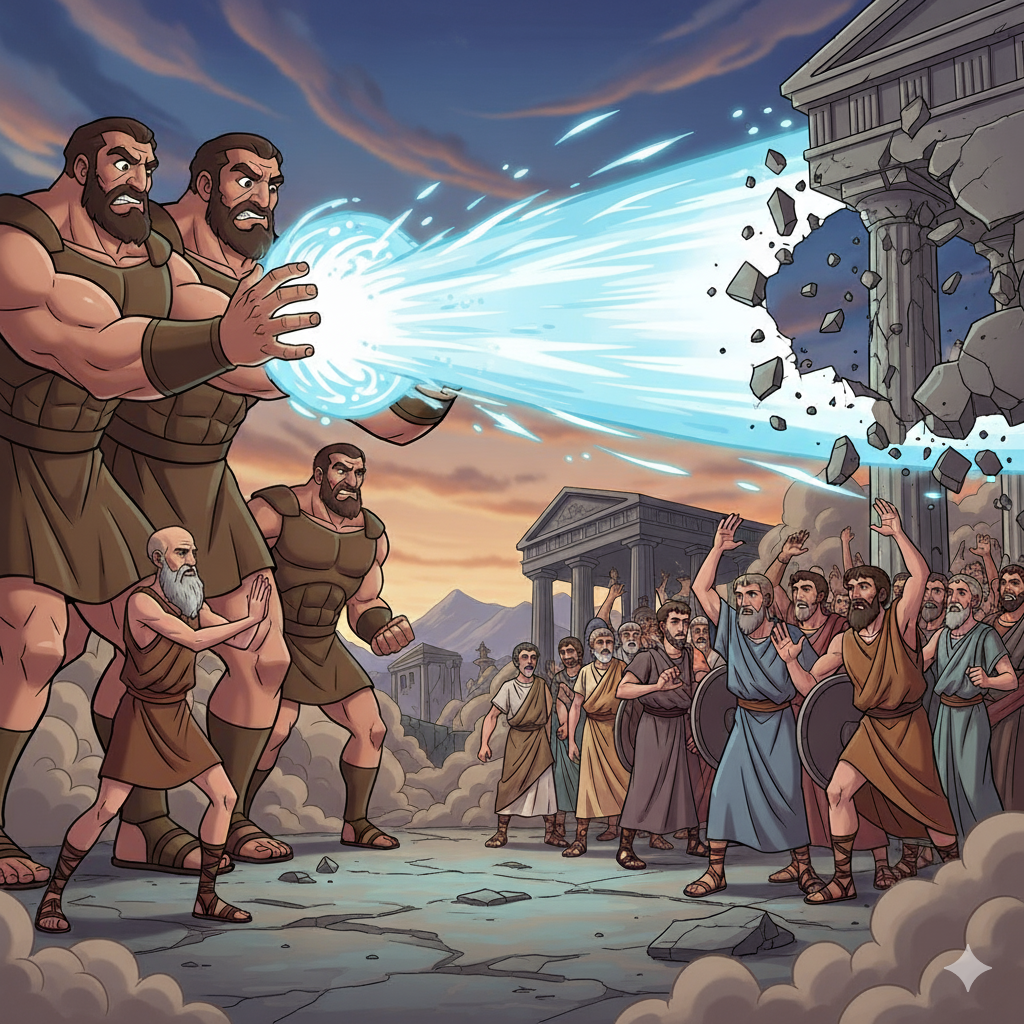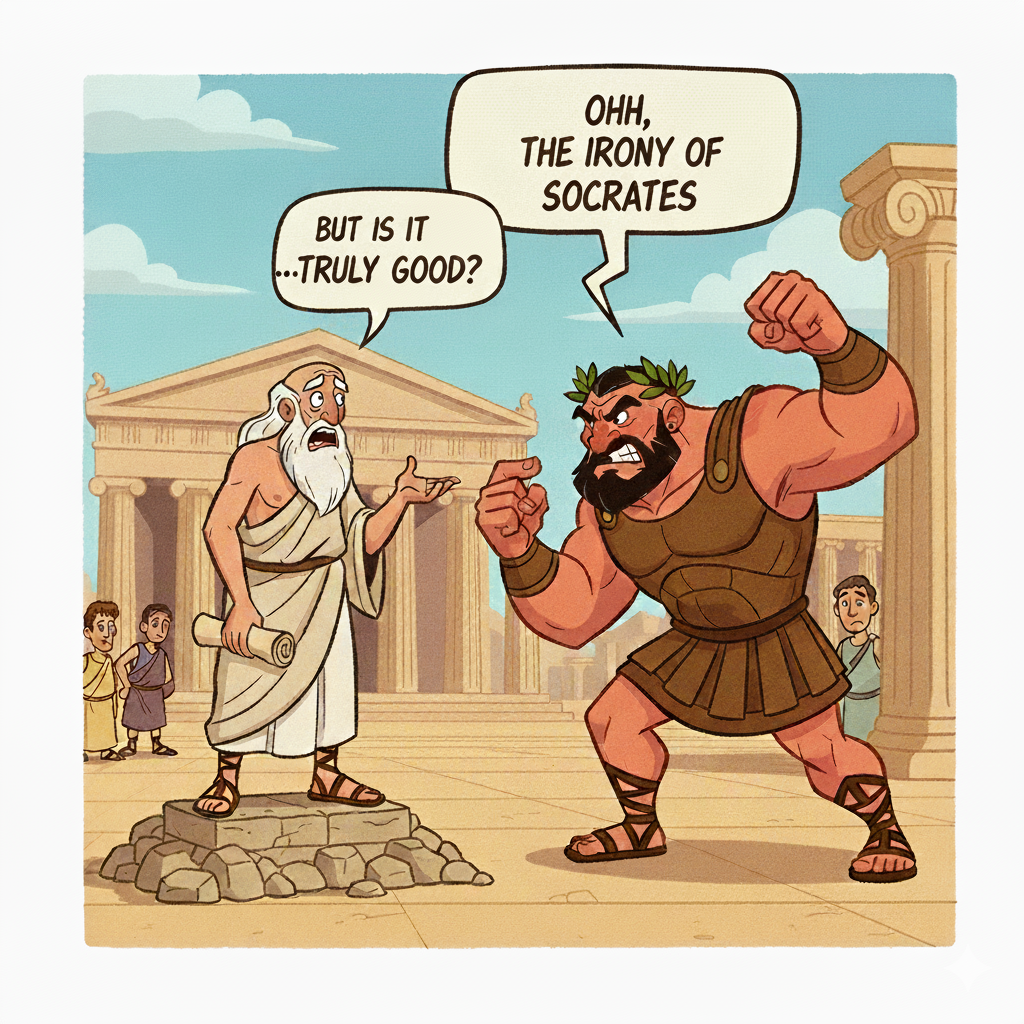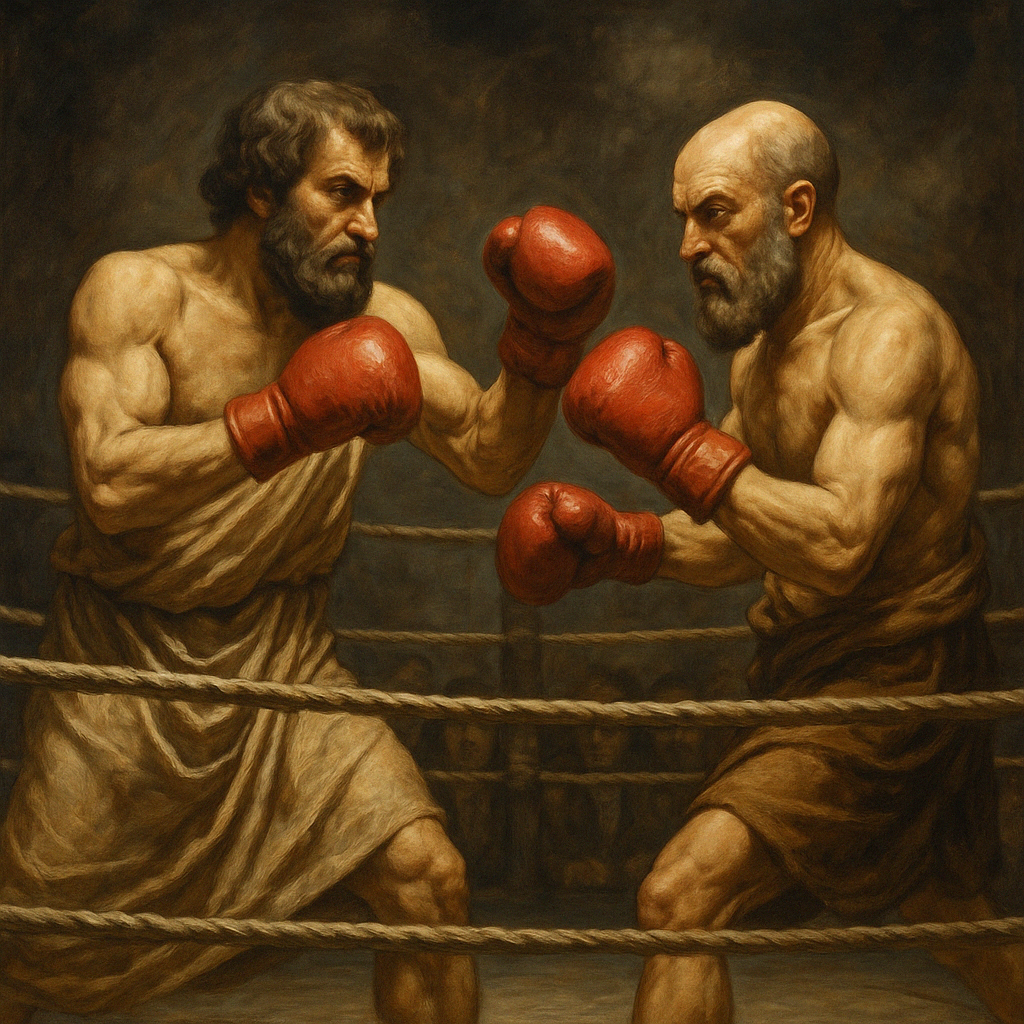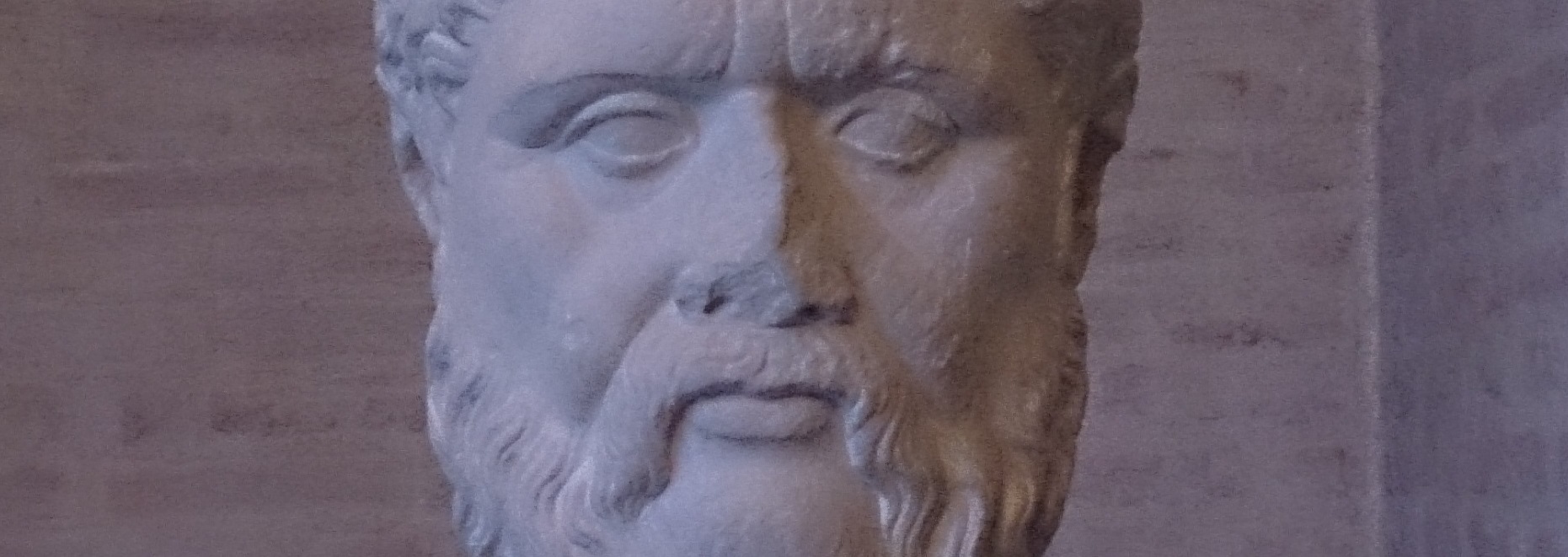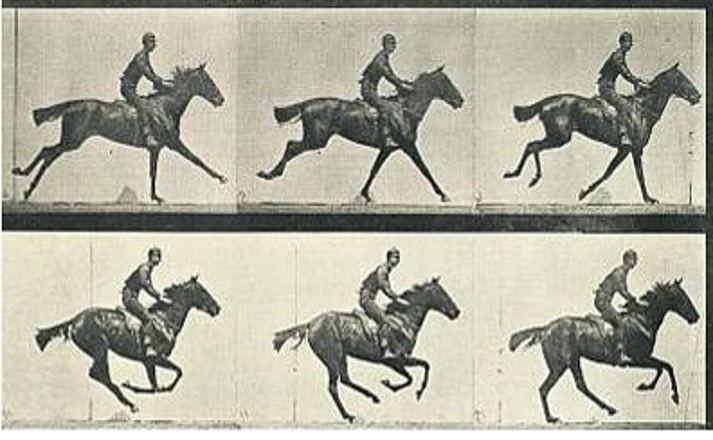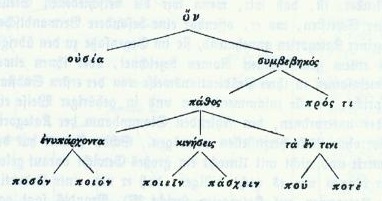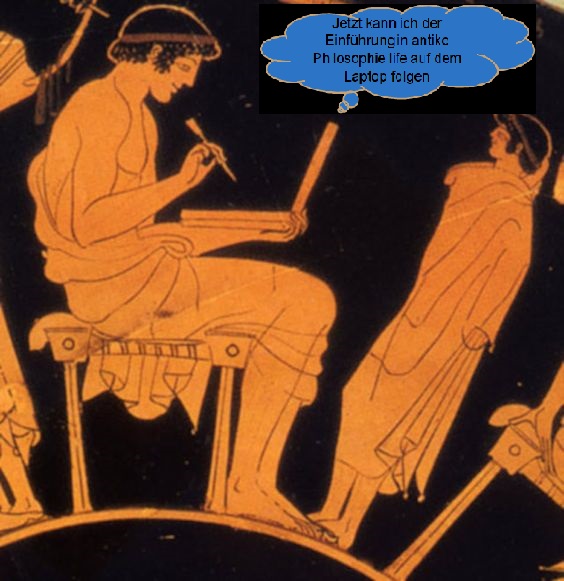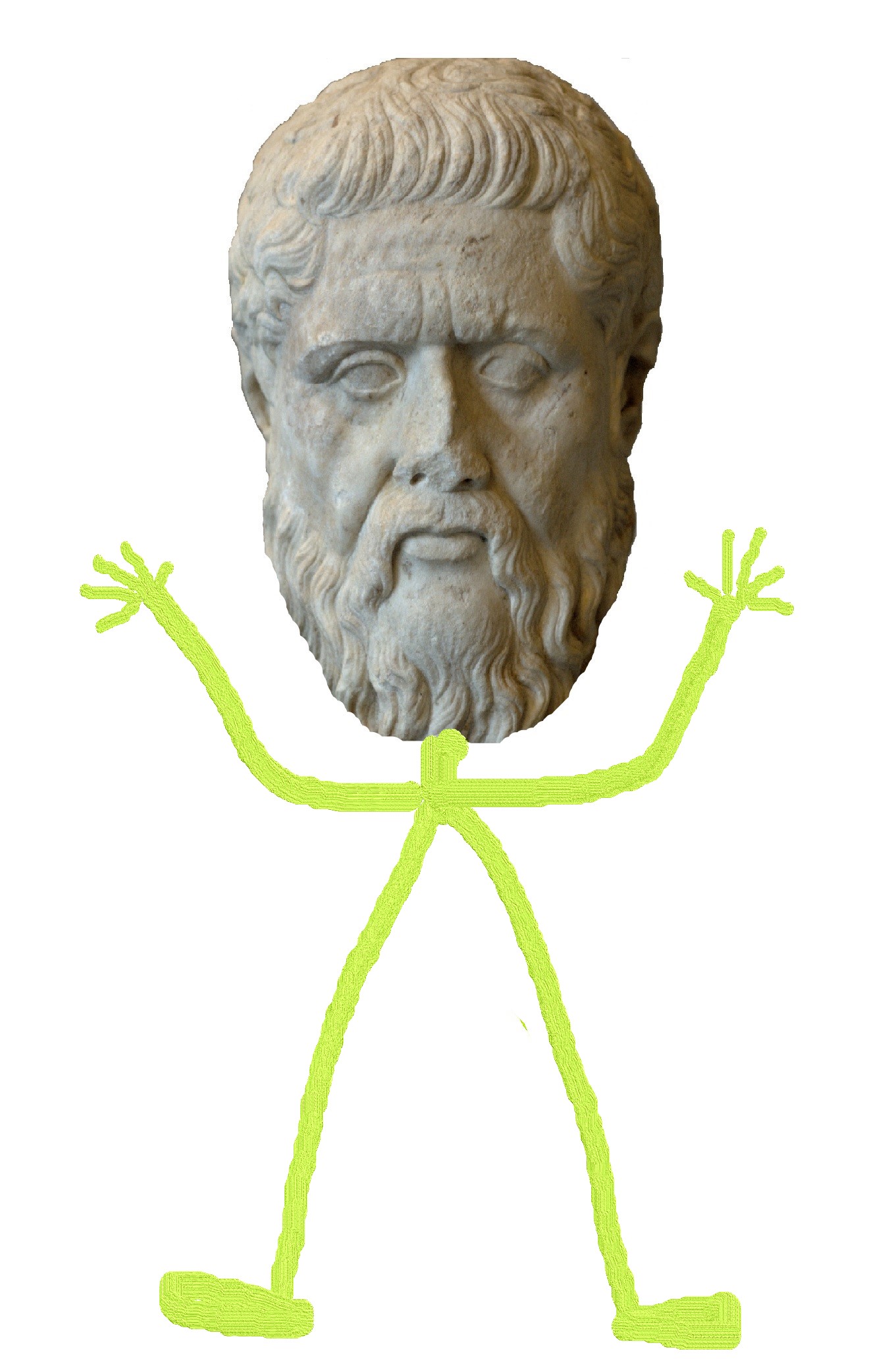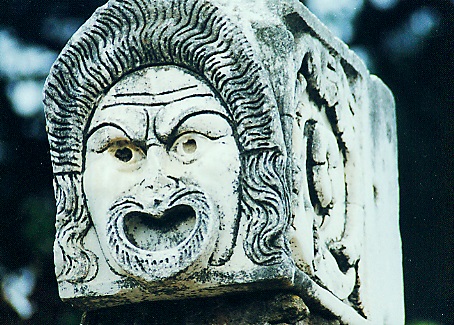- Docente: Reier Helle

- Docente: Christof Rapp
- Docente: Reier Helle
- Docente: Andreas Anagnostopoulos
- Docente: Reier Helle
- Docente: Laura Castelli
- Docente: Philipp Brüllmann
- Docente: Laura Castelli
- Docente: Reier Helle
Ancient Greek philosophers generally believed that animate things are distinct from inanimate things in virtue of having a soul. However, what is a soul? What sorts of things have souls? Do souls have parts? Are souls distinct from bodies, and if so, how can they interact? In this course we will study how Aristotle answered these questions in his central psychological work, On the Soul (De Anima). Among the topics we will explore are: the relation between Aristotle’s theory of scientific inquiry and definition in the Posterior Analytics and his practice of inquiring into and defining the soul in De Anima; the role that his criticism of earlier Greek theories of soul plays in the development of his own account of the soul; his so called ‘hylomorphic’ theory of the soul-body relation; the soul’s causal role in the life processes of nutrition, perception, imagination, intellectual cognition, and action. Our main focus will be on the primary text (in English translation), but we will also read and discuss at least one piece of secondary literature each week. Knowledge of ancient Greek is not required.
- Docente: Jason Carter
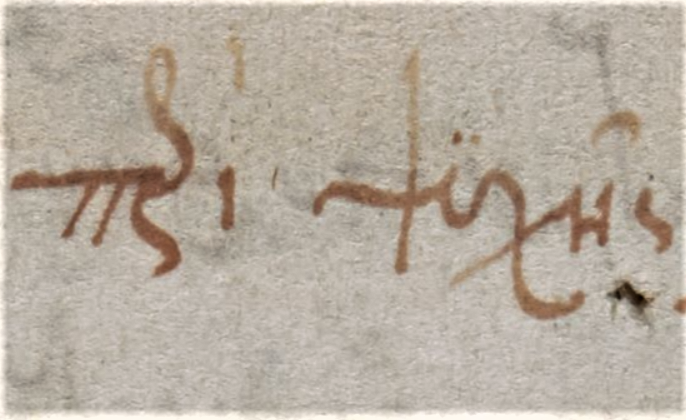
- Docente: Andreas Anagnostopoulos
- Docente: Philipp Brüllmann

- Docente: Christof Rapp
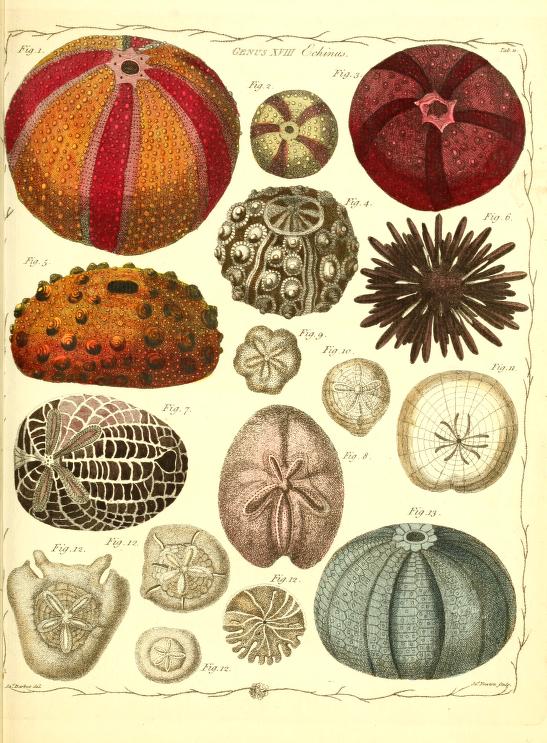
- Docente: Katharina Epstein
- Docente: Marcel Ohrenschall
- Docente: Christof Rapp
